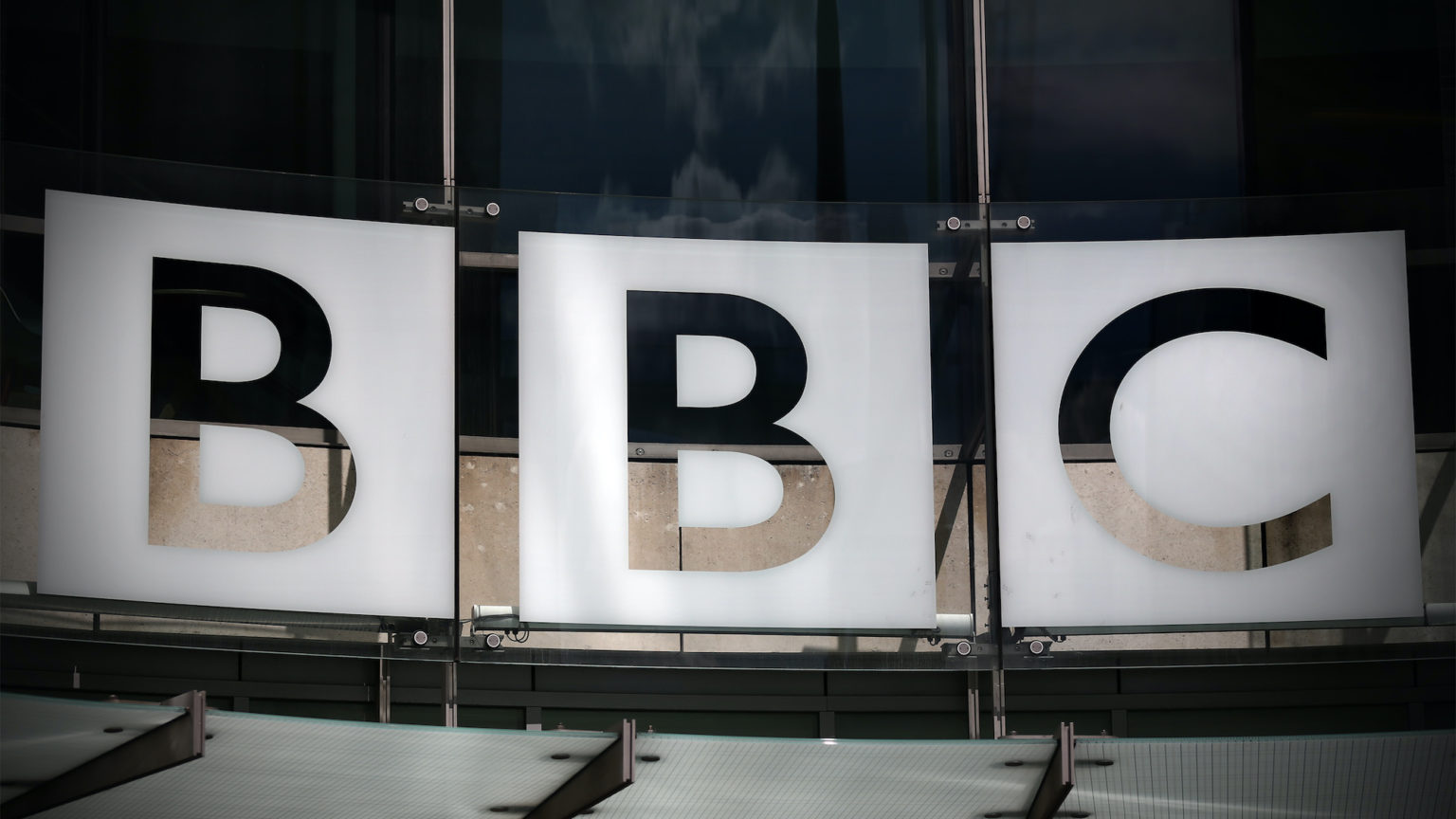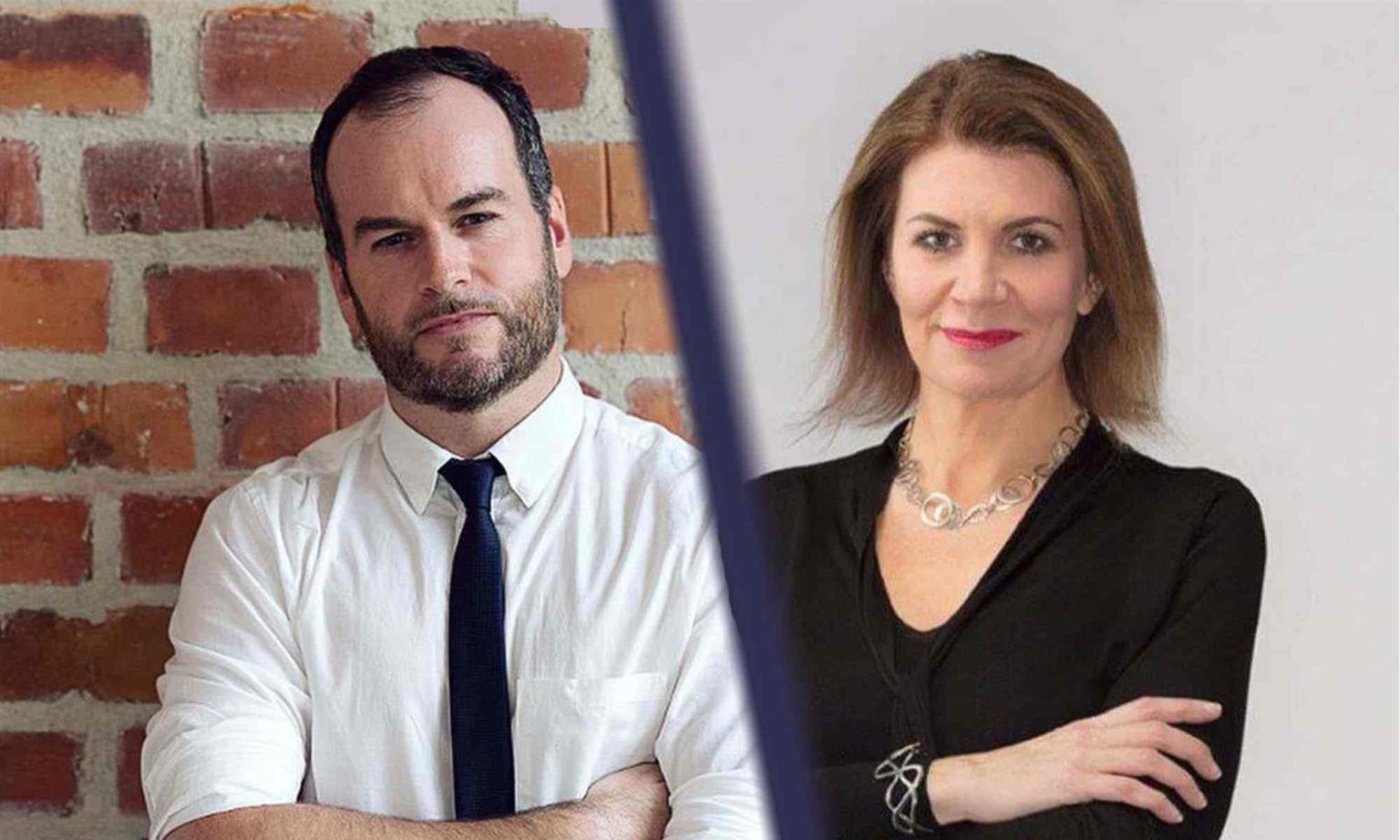What the BBC really means by ‘diversity’
The BBC is promoting woke drivel on the licence-payers’ dime.

Hardly a day goes by without the BBC parading its commitment to ‘diversity and inclusion’. As if the BBC’s employees weren’t already woke enough, Auntie is now providing them with training on how to be a better ‘ally’ to minorities.
One of the training resources on the BBC’s Creative Allies website – which can also be accessed by the public – is a game called ‘The Ally Track’. In the game, 10 players answer 20 questions about themselves. Whoever reaches the finish line first wins – but really, they lose, because the winner is the one with the most ‘advantages’ in life (and therefore, the one who is the most privileged).
You can probably guess what kind of questions are asked. ‘Is your player a man?’; ‘Does your player identify as white?’; ‘Has your player ever been the only person of their race in a room at work?’. In other words, where do you find yourself in the Oppression Olympics?
Trainees learn that there are seven different types of ally you can commit to becoming, including ‘confidant’, ‘champion’ and ‘upstander’. ‘Champions’ voluntarily defer to colleagues from underrepresented groups in meetings, while ‘upstanders’ push back ‘on offensive jokes and inappropriate comments, even if no one’s hurt by them’.
June Sarpong, the BBC’s director of creative diversity, introduces the allyship training on the website. She says the BBC wants to ‘build back better to ensure diversity and inclusion is baked into the “new normal” once the [Covid] crisis has passed’. For inspiring comments like these, Sarpong gets paid over £250,000 a year.
The BBC has poured considerable resources into its diversity project lately. In response to the Black Lives Matter protests, it promised to spend an astonishing £100million on a drive for diversity and inclusion in its TV shows.
The BBC has pledged these vast sums of money despite the fact that there is no evidence the BBC is lacking in diversity. Data from the latest Creative Diversity Network survey show that 26.5 per cent of on-screen contributions on programmes broadcast by the BBC are made by ethnic minorities. This is drastically higher than the proportion of ethnic minorities in the country at large (14 per cent). The BBC is also more ethnically diverse than any of the four other terrestrial broadcasters, according to the survey.
The BBC scores highly on other diversity metrics, too. Lesbian, gay and bisexual people (grouped together as LGB) make up 12.5 per cent of on-screen appearances, which is nearly double the proportion of the real-world LGB population. Women are also statistically overrepresented by four percentage points.
But while the BBC may score highly on these more superficial metrics of diversity, it has long had a class problem. In 2018, the BBC revealed that 17 per cent of its staff went to private school, compared to seven per cent of the population.
The purpose of all this ‘diversity and inclusion’ work is supposedly to make the BBC more representative of the country it serves. But ‘diversity’ is not literally about the colour, sexuality or gender of the people who appear on screen. If it were, the BBC would have considered the job done some time ago. The drive for diversity is really about promoting a woke worldview.
That’s why the BBC’s ‘diversity’ efforts go beyond quotas and into things like ‘allyship’ training. It’s why the BBC produced a video explaining white privilege to children last year. And it’s why it has appointed a ‘gender and identity correspondent’ to its news division.
To most BBC viewers and licence-fee payers, this talk of ‘allyship’ and ‘white privilege’ is alienating. Outside the BBC, this woke outlook is only shared by a tiny minority of people. Far from making the BBC more ‘representative’, this obsession with diversity is making it even less reflective of the public it is supposed to serve.
Paddy Hannam is editorial assistant at spiked. Follow him on Twitter: @paddyhannam.

A world gone mad – with Brendan O'Neill and Julia Hartley-Brewer
Wednesday 22 September – 7pm to 8pm
Tickets are £5, but spiked supporters get in for free.
Picture by: Getty.
To enquire about republishing spiked’s content, a right to reply or to request a correction, please contact the managing editor, Viv Regan.







Comments
Want to join the conversation?
Only spiked supporters and patrons, who donate regularly to us, can comment on our articles.